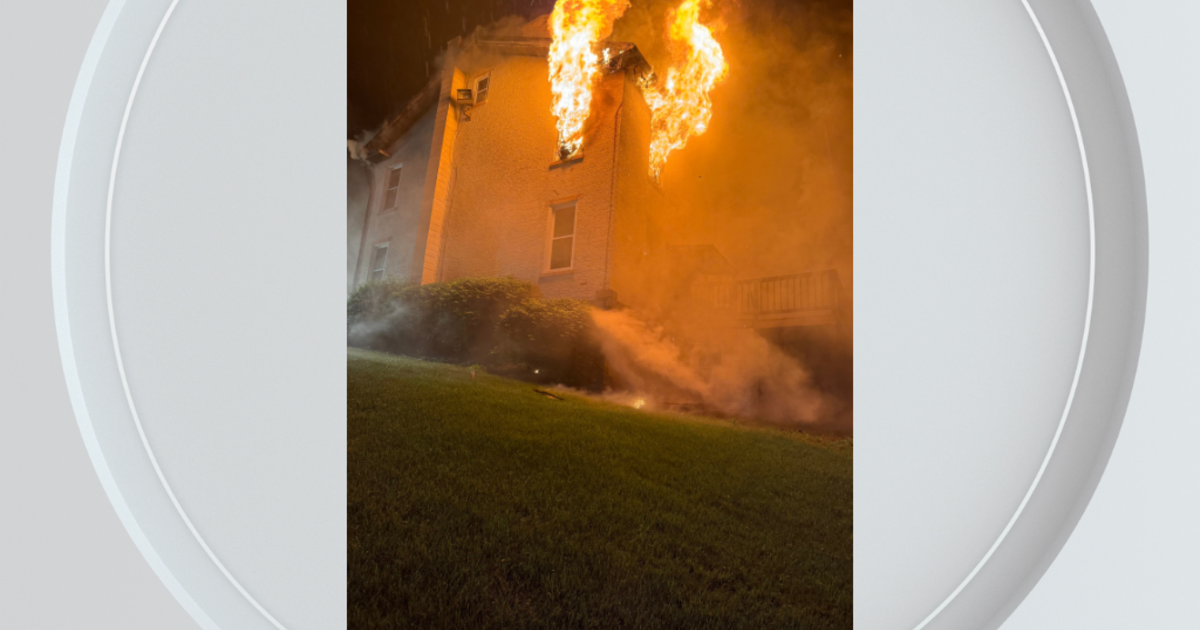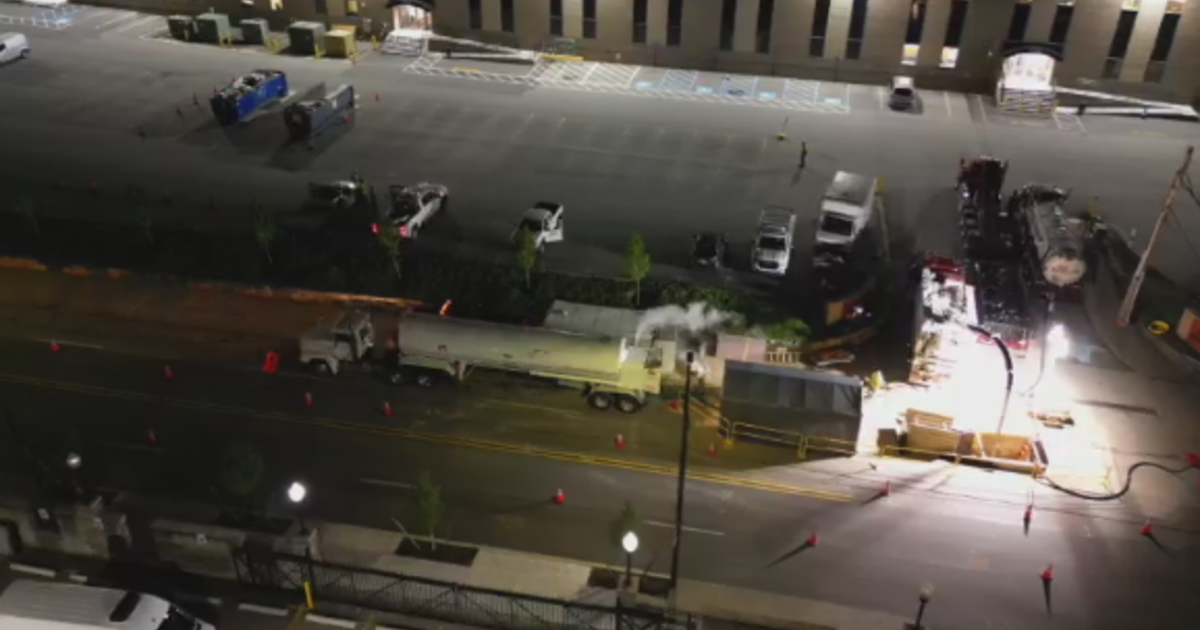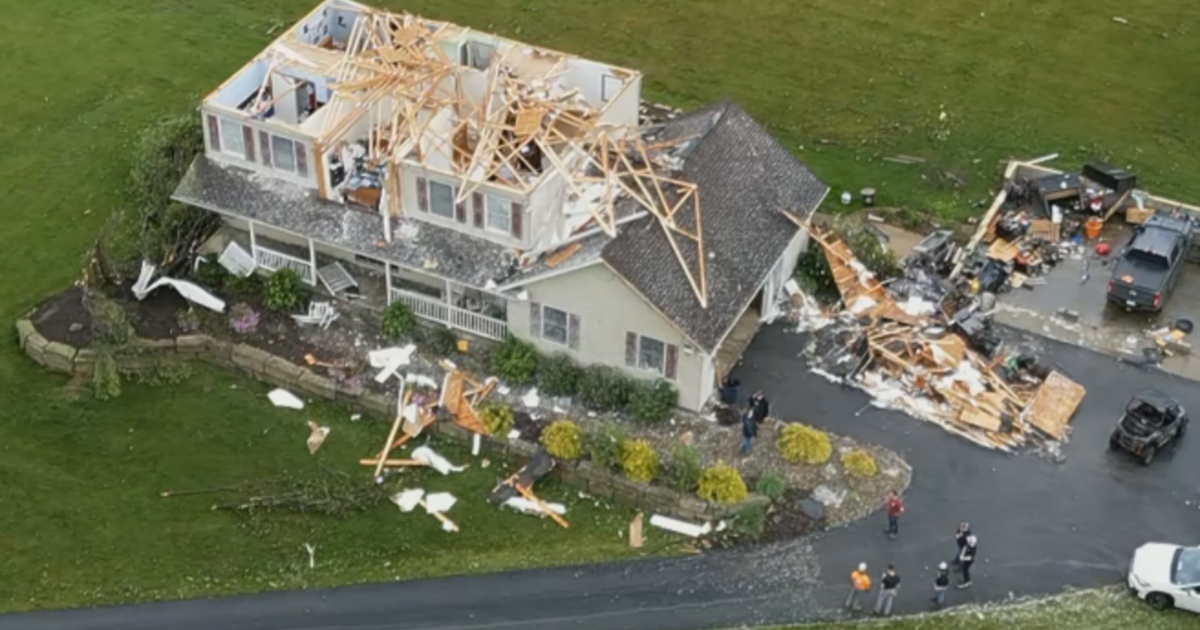Despite reassurances, people in and around East Palestine worry about health and safety
EAST PALESTINE, Pa. (KDKA) — Despite reassurances from state and federal officials, people in and around East Palestine, Ohio, and neighboring Beaver County in Pennsylvania continue to worry about their health and safety.
Since the night of the fateful derailment on Feb. 3, John Hamner and his wife have been suffering from headaches along with a gnawing uncertainty about what impact that toxic fireball is having on their health and their environment. And they don't trust the assurances they've been getting from government officials.
"Do not feel they've been upfront, not from day one," he said.
Again this week, the federal Environmental Protection Agency re-affirmed its decision to lift the evacuation order and return people to their homes. The agency says it's tested the air inside some 550 homes, as well as the water supply, finding no concerning traces of vinyl chloride or other chemicals from the train. But residents have their doubts, and so do some scientists.
"What I would have preferred to see is more extensive testing given what was burning," said Matthew Mehalik of Carnegie Mellon University.
Some chemical engineers and environmentalists are sounding an alarm, saying the burning of vinyl chloride and other plastics can form more dangerous toxins — like benzene and dioxin — and they say the EPA isn't testing for those.
"These sorts of things when they burn in an uncontrolled way have the potential to release a whole host of aromatic chemicals and dioxin. And these are concerning because they are persistent in the atmosphere," Mehalik said.
According to the EPA, "Dioxins are highly toxic and can cause cancer, reproductive and developmental problems, damage to the immune system and can interfere with hormones." But when asked this week if the agency is testing for dioxin and other by-products, EPA Administrator Michael Regan couldn't say for sure.
"I'm not quite sure if we are testing for dioxin yet. I know that it is not something that is off the table," Regan said.
Dr. Maureen Lichtveld, the dean of the University of Pittsburgh's School of Public Health, does not believe high levels of dioxins will be found but believes in more testing and more involvement and transparency with the community.
"It's important for us to find answers and not be alarming to the community," Lichtveld said. "The community is already increasingly stressed. As we're all trying to be helpful to the community, we need to find the answers in the science."
But that comes too late for Hanmer and his garbage-hauling business.
"We're just going to relocate," Hamner said. "Not moving out of the area, not closing down the business. ... We're just not going to be by these railroad tracks anymore."
But without greater transparency and more testing for dioxin and other potentially lethal bi-products, residents here will continue to live in fear and doubt, wondering if they can ever safely resume their lives.




